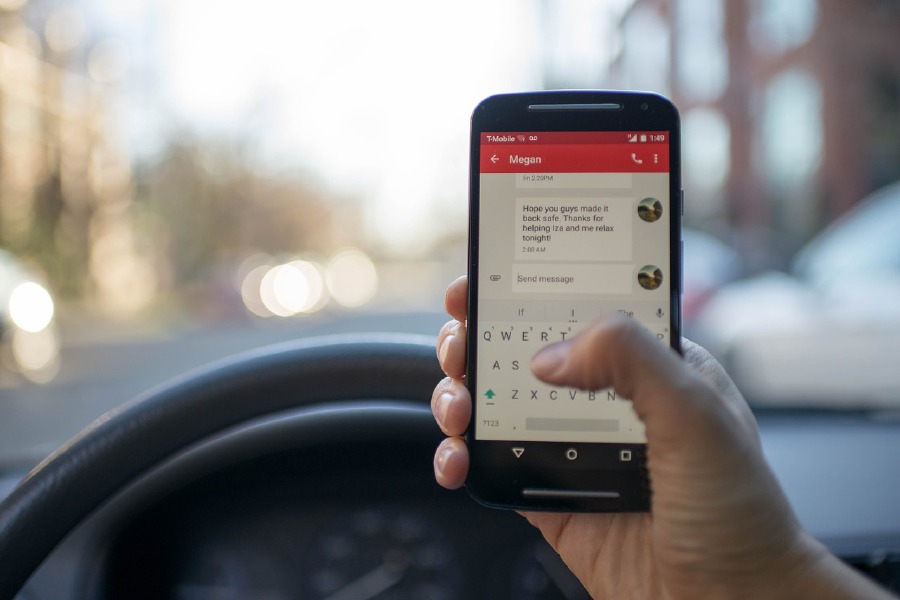
THE Malaysian Institute of Road Safety Research (Miros) has revealed some shocking statistics: more than 43 per cent of Malaysian drivers use their mobile phones while driving. And, by extrapolation, that is disturbingly close to half of all Malaysian drivers putting themselves and others in danger. The numbers bring even scarier details: phone usage at traffic lights climb to 61.9 per cent while 56.3 per cent of drivers use their phone during traffic jams. More shocking news ahead: 61.1 per cent of drivers played games while driving. This is the finding of a study, commissioned by Miros in 2015, that surveyed 627 respondents in the Klang Valley. Distracted driving may not be a Malaysian problem; it may very well be a human problem.
Europe and America are beginning to emplace some tough legal measures to bring the numbers down. Malaysia must do the same. There will be some who will argue that we have done enough. But, the statistics seem to show that more tough measures are needed. Road accidents caused by the use of mobile phones while driving is costly, at the human and national level. Lives and limbs are needlessly being sacrificed by distracted driving. At a national level, in the estimate of the World Health Organisation (WHO), road accidents generally cost countries like Malaysia between three and five per cent of the gross domestic product. WHO warns that using the mobile phone while driving is a serious and growing threat to road safety. Using the phone means the eyes are off the road, hands off the wheel and mind off driving.
Last year, the police issued 46,289 summonses, but this has hardly stopped Malaysian drivers from reaching for their phones. Even a bigger fine than the current RM300 may not send the statistics south. Perhaps, we can take a leaf out of the book of great copywriters of old, who crafted copies that created behaviourial changes. Poring over old bromides on drunk driving, these copywriters realised that copies that warned drunk drivers of death did not bring in the desired change in behaviour. What did, though, were ad copies that warned the drivers of losing their driving licences. With that lesson from Europe and America, our lawmakers may want to consider slapping Malaysian drivers who use the phone while driving with a suspension of their driving licences, followed by a ban. On top of that, offenders must be made to go through a rigorous rehabilitation programme. Using a mobile phone while driving must be made a social taboo. Use of the mobile phone while driving is not only a problem among drivers of private vehicles, but also commercial vehicles, such as buses. The authorities should have zero tolerance for such behaviour as inconsiderate drivers not only put themselves at risk but also other innocent road users, too.
No one can deny that mobile phones are important communication devices, but one must know when and how to use them. It is easy not to maim oneself or others on the road. Just keep the hands off the phone. Crash is only a phone call away.